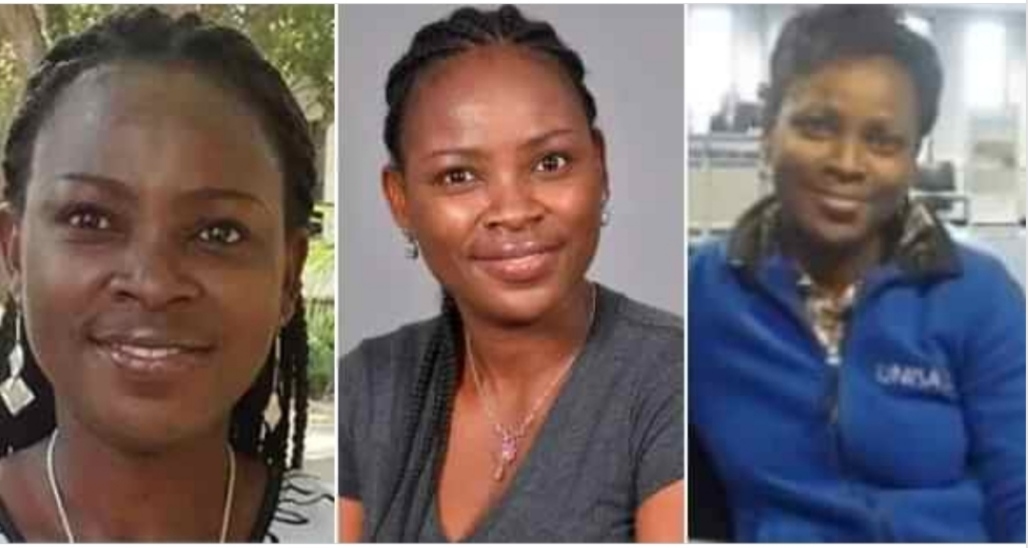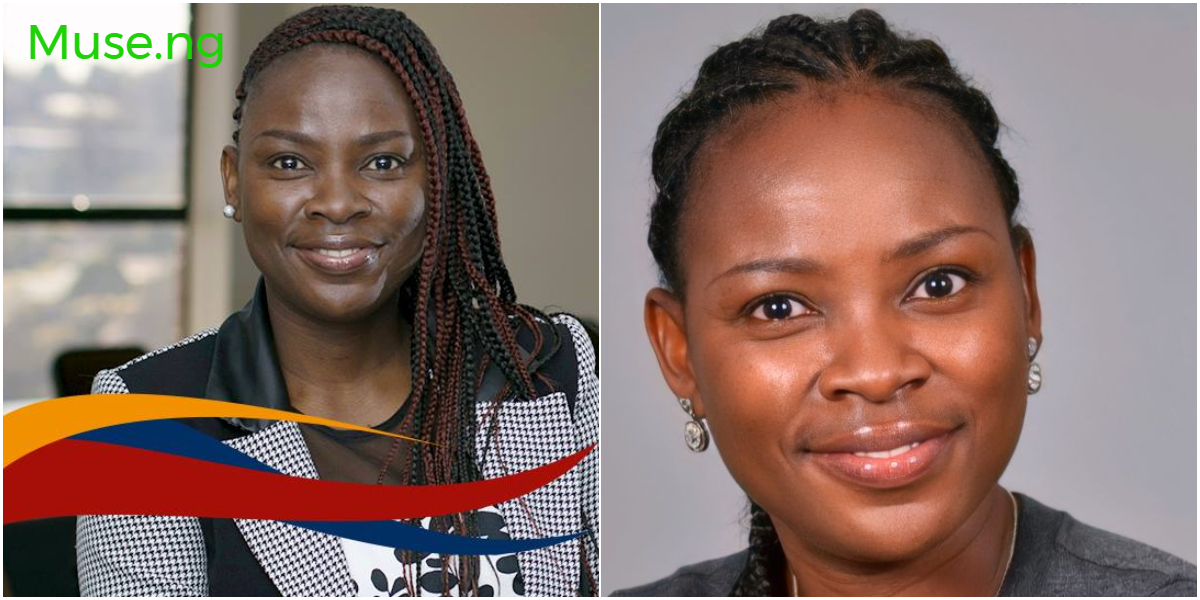In a landmark achievement that reverberates across academia, Professor Oghenetega Ighedo has made history as the first black woman to earn a PhD in Pure Mathematics at the esteemed University of South Africa (UNISA), breaking a 149-year-old jinx and paving the way for future generations of mathematicians.

Born in Nigeria, Professor Ighedo’s journey to mathematical prowess was deeply rooted in her upbringing. Inspired by her mother, a retired mathematics teacher, she developed a profound fascination for the subject from an early age. Observing her mother’s teaching methods ignited a spark within Ighedo, driving her to explore the intricate world of mathematics and embark on a path of academic excellence.
Motivated by a desire to challenge existing norms and contribute to diversifying the field of pure mathematics, Professor Ighedo pursued her doctoral studies with unwavering determination. Despite juggling the responsibilities of marriage and motherhood – already a mother of two with a third on the way – she remained steadfast in her pursuit of knowledge, completing her PhD within a remarkable three-year timeframe.

Reflecting on her decision to specialize in pure mathematics, Professor Ighedo highlighted the scarcity of black mathematicians, particularly black women, in the field. Determined to defy the odds and inspire future generations of mathematicians, she embraced the challenges head-on, driven by a passion for discovery and a commitment to academic excellence.

With a Bachelor of Science in Industrial Mathematics from Delta State University, Nigeria, and a Master of Science in Pure Mathematics from the University of Ibadan, Professor Ighedo’s academic journey has been characterized by perseverance and dedication. Currently serving as an Associate Professor in the Department of Mathematical Sciences at UNISA, she continues to champion diversity and inclusivity in mathematics, encouraging young women to pursue their passions despite adversity.
Professor Ighedo’s groundbreaking achievement not only underscores the importance of representation in academia but also serves as a testament to the transformative power of education. Through her trailblazing accomplishments, she has shattered barriers, shattered stereotypes, and paved the way for a more inclusive and equitable future in mathematics.
As she looks to the future, Professor Ighedo remains committed to empowering aspiring mathematicians, particularly women, to pursue their dreams and defy expectations. Her journey stands as a beacon of hope and inspiration, reminding us all of the boundless possibilities that await those who dare to dream and strive for excellence in the face of adversity.
Despite the pervasive underrepresentation of black individuals in STEM disciplines, Phillips refused to be defined by societal expectations or limitations. Through her unwavering dedication and commitment to excellence, she carved a path for herself in a predominantly white, male-dominated field, challenging the status quo and paving the way for future generations of black physicists.
In a triumph that challenges long-standing racial biases and defies the odds, Monifa Phillips has made history as the first black woman to earn a Ph.D. in Physics at the University of Glasgow, marking a monumental milestone in the institution’s 568-year history.
From the outset, Phillips confronted the pervasive notion that black individuals are not suited for pursuits in Science, Technology, Engineering, and Mathematics (STEM). Undeterred by the systemic barriers facing black students in STEM fields, she embarked on a journey of academic excellence driven by determination and a desire to shatter stereotypes.
Phillips’ groundbreaking achievement is not merely a personal triumph but a testament to resilience and perseverance in the face of adversity. Her journey serves as an inspiration to countless individuals who have been marginalized or discouraged from pursuing their dreams due to societal prejudices.
Despite the pervasive underrepresentation of black individuals in STEM disciplines, Phillips refused to be defined by societal expectations or limitations. Through her unwavering dedication and commitment to excellence, she carved a path for herself in a predominantly white, male-dominated field, challenging the status quo and paving the way for future generations of black physicists.
In celebrating her historic accomplishment, Phillips emphasized the importance of community support and resilience in the face of adversity. She credited her family and community for providing unwavering encouragement and support throughout her academic journey, underscoring the transformative power of collective solidarity.





